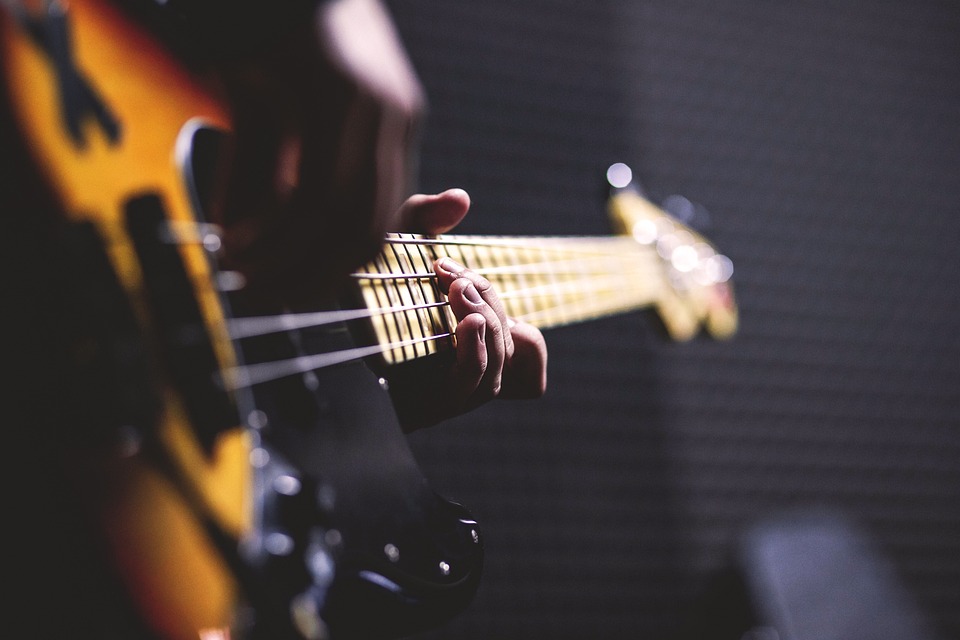As humans, we are often drawn towards beautiful melodies and sounds that stimulate our senses and evoke certain emotions. Music has the ability to speak to us in ways that words never could and it has the power to bring us together or tear us apart. With the advent of technology, we have many options when it comes to listening to music, from luxury home entertainment systems to the tiny audio players we carry with us on the go. In this article, we will take a closer look at how music players impact our emotional response to music.
Music players have greatly influenced the way we experience music as they have progressed from clunky radios to portable, hi-tech gadgets. The convenience of being able to listen to music almost anywhere has changed the way we listen to music. We can now choose to listen to our favorite tunes while working out, doing house chores or even while we’re on the bus. With so many options to choose from, we can personalize our playlists and tailor them to our moods. The music we choose to listen to can be used to uplift us, calm us down, or even put us to sleep.
Music players have also made it possible for artists to reach a wider audience. In the past, it was necessary to perform live concerts for fans to appreciate one’s music but now, artists can share and distribute their music through digital media platforms. With these platforms, music lovers can easily access and enjoy new music from around the world, and even interact with artists. This creates a sense of community and increases the emotional connect that people have with music.
Additionally, music players have also impacted our emotional response to music by the quality of sound they produce. With advancements in technology, music players have been able to provide better sound quality, making it possible for us to appreciate music on a deeper level. We can now hear every detail of the song, from the bass line to the drum rolls, resulting in a more immersive experience. This level of sound quality can also aid in the emotional response to music, as the listener can feel truly enveloped in the sonic atmosphere of the music.
But not all music players are created equal. The type of music player used can also impact the overall emotional response to music. Some people prefer wireless earbuds, which can provide better sound quality and noise-cancellation, while others prefer over-ear headphones for a more immersive listening experience. This personalized preference can greatly impact the emotional response to music.
Another important aspect in considering the impact of music players on our emotional response to music is the symbolism and branding surrounding a music player. For instance, Apple has built a brand around its popular iPod and iPhone music players, creating a sense of status and prestige associated with using these devices. Other brands may be associated with different values or lifestyle choices that can influence the emotional response of users to music. When we use a music player we feel aligned with, it can enhance our sense of connection to the music being played, thereby deepening our emotional response.
Lastly, the emotional response to music played on a music player can be shaped by the personal experience or context in which the music is being played. Hearing a song played through a music player can evoke memories and emotions associated with that song, such as nostalgia, happiness or sadness. This emotional response can be influenced by the environment or situation in which the music player is being used. It can also be influenced by the mood the listener is in.
In conclusion, music players impact our emotional response to music in various ways. They have made it easier for us to access and share music, personalized our preferences, and provided better sound quality, thereby enhancing the overall listening experience. Additionally, the symbolism and branding surrounding a music player, along with the personal experience and context in which and we use it, can influence our emotional response to music. Ultimately, music can be considered a universal language, and the emotional response to music played on a music player can connect people around the world, generating a shared experience of human emotions.

